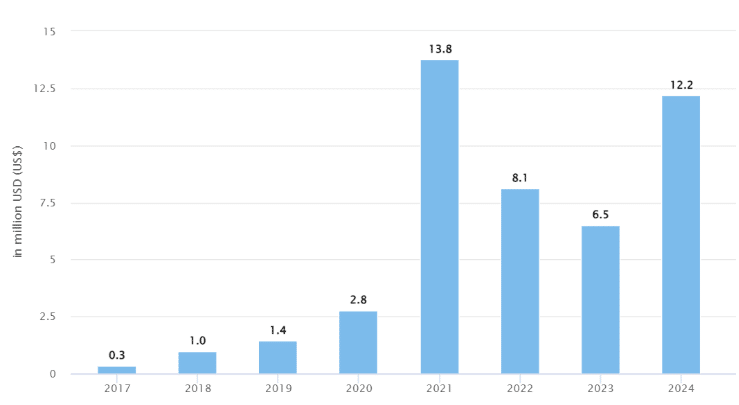Jordan is stepping into the future with a big move, because the country has just approved its 2025 Blockchain Technology Policy to modernize government operations, streamline services, and boost economic growth.
Evolution
The Jordanian Council of Ministers has rolled out this new policy to enhance public services and make administrative processes more efficient.
Stay ahead in the crypto world – follow us on X for the latest updates, insights, and trends!🚀
The goal? To cut costs, speed up service delivery, and ultimately improve the experience for citizens, and by integrating blockchain technology into government systems, officials hope to automate tasks, verify transactions in real-time, and reduce those annoying delays that often plague public services.
The government is also committed to protecting citizens’ data. With blockchain’s secure infrastructure, they want to safeguard personal information while building trust in state institutions.
Plus, they’re looking to support startups in the industry, creating opportunities for entrepreneurs and helping workers gain valuable skills.
Key features
With blockchain’s ability to record and verify data instantly, Jordan plans to make government transactions smoother and more accessible for everyone.
The decentralized nature of blockchain means that records can’t be tampered with, leading to greater accuracy in government reporting and fewer errors overall.
This is expected to improve oversight of various services.
The policy includes plans for training programs for developing blockchain expertise among citizens, and this will not only help the government meet its goals but also open up new job opportunities in this growing field.
Economic impact
Jordan has been showing increasing interest in blockchain and cryptocurrency lately, especially as in 2022, many citizens turned to crypto as a way to tackle unemployment and other economic challenges.

This new policy builds on that momentum, wanting to further drive innovation and strengthen governance practices.
Jordan isn’t alone in this journey, other countries in the Middle East are also exploring blockchain technologies.
Syria is looking to legalize Bitcoin while the UAE is expanding its blockchain-based payment systems.
These moves signal a regional trend towards adopting emerging technologies to modernize government operations and address economic issues.


